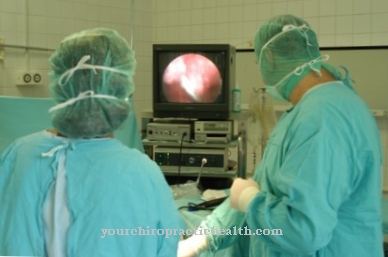Of the Urge to defecate is triggered by mechanoreceptors in the wall of the intestine, which register the increasing tension as the rectum level rises. The receptors send the information via the spinal cord to the central nervous system, where it passes into consciousness. Hemorrhoids often cause persistent urge to defecate.
What is the urge to defecate?

The intestinal activity after meals transports the intestinal contents with propulsive mass movements, the so-called intestinal peristalsis, towards the rectum. When the digested intestinal contents enter the rectum, mechanoreceptors in the intestinal walls register increased tension in the intestinal wall. The mechanoreceptors or stretch receptors are sensory cells of the sense of touch, which can be found in every surface of the skin and mucous membranes and which correspond to the first instance for pressure and touch perception.
As soon as the receptors in the intestinal wall register the increase in pressure, they convert it into a bioelectrical excitation and send it on to the brain via afferent nerve pathways, where the information is transferred to consciousness. When this has happened, the person perceives a so-called urge to defecate.
Depending on the period of time in which the stool is suppressed, the rectum adapts to a more or less large filling volume. As soon as the bowel movement can no longer be suppressed, there is an imperative urge to defecate.
Control over defecation is learned and does not exist from birth. As soon as the stretch receptors of toddlers report a stretch, the bowel empties itself and shortens the time it takes to urinate to stool to a few seconds.
Function & task
The human rectum empties through the physiological process of defecation and in this way discards indigestible food residues. The adult person usually has control over his bowel movements, which is described by the term continence.
For defecation, a propulsive mass movement takes place in the intestine, which mainly relates to the far oral intestinal sections. These movements occur after a meal and are called the gastrocolic reflex.
The anus closes the rectum, into which the digested intestinal contents enter through bowel movements. Mechanoreceptors register an increase in wall tension when the digested intestinal contents enter the rectum and are excited by this expansion. They convert the stimuli into a proportional action potential, which they send to the posterior cord tracts of the spinal cord via viscerosensitive afferent nerve tracts, the so-called Nervi splanchnici pelvici. The signals travel from the spinal cord to the somatosensory cortex of the brain.
As the rectum fills, the internal ani sphincter expands in a reflex response. The fact that humans can still prevent involuntary defecation is due to the voluntarily innervated sphincter ani externus muscle. This muscle remains contracted even after the first urge to defecate, thus maintaining continence.
The totality of the described situation is perceived by humans as an urge to defecate. Depending on how long the urge to defecate is suppressed, the internal anus sphincter contracts and the rectum adapts to the increasing filling volume in the rectum. Only when defecating do both muscles of the anus relax. The puborectalis muscle no longer contracts either. The corpus cavernosum recti swells at the same time. The rectosigmoid contracts reflexively and promotes the emptying of the intestinal contents from the oral intestinal segments. When the rectum is full, the anus opens automatically as soon as the person concerned crouches.
You can find your medication here
➔ Medication for constipation and intestinal problemsIllnesses & ailments
A special pathological form of the urge to stool are serious types of imperative stool. Such complaints can accompany intestinal diseases such as ulcerative colitis, which are usually symptoms of particularly advanced stages of the disease. With an extremely imperative to defecate, the person concerned can often no longer hold the stool as soon as the urge to defecate sets in. It is not possible for those affected to persevere or crush. You must go to the toilet immediately after the urge to defecate has started. Extremely imperative bowel movements limit the daily life of those affected considerably, but fortunately they can be treated.
Basically, a bowel movement should not be postponed for too long after the urge to defecate, as this can cause problems during defecation. However, stool should also not be approached prematurely and caused by extreme pressing.
Some people feel the need to continue even after relieving themselves. In such cases, light pressing can push the digested stomach contents additionally. However, if there is not enough stool in the rectum, the automatic opening of the anus for defecation may no longer be triggered. In such a case, going to the toilet should be stopped early.
No defecation should take more than a few minutes. If the urge to defecate persists even though defecation is no longer possible due to the volume of filling in the rectum, these complaints are often pathological. In most cases, persistent urge to defecate is related to hemorrhoids, which often cause the patient to continue straining. However, this procedure often leads to an additional enlargement of the hemorrhoids. Problems with stool regulation and exaggerated pressing movements during defecation are the most common causes of enlarged hemorrhoids. The phenomenon should therefore be treated with medication and discussed with a doctor.

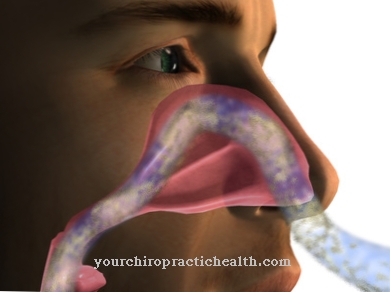
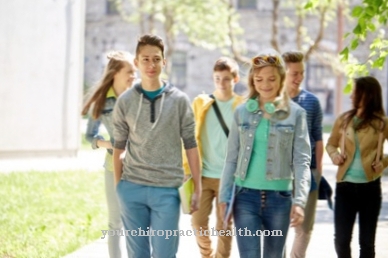
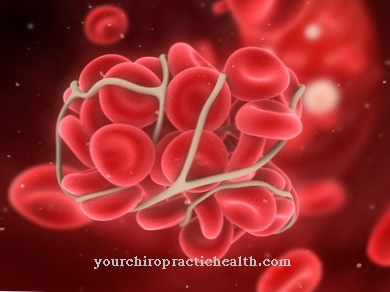








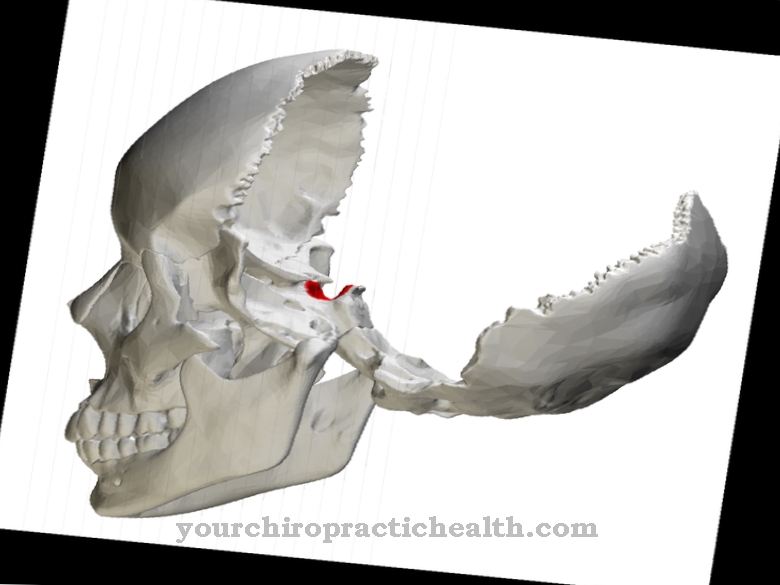
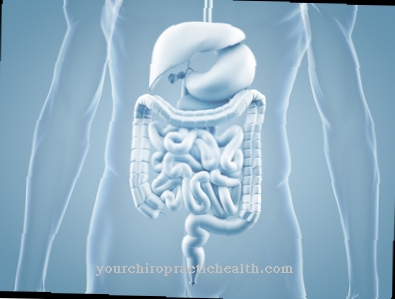

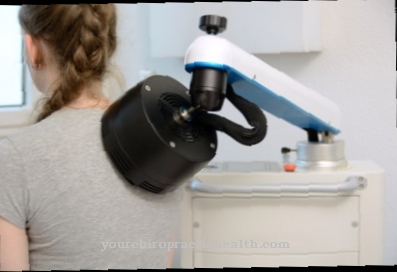
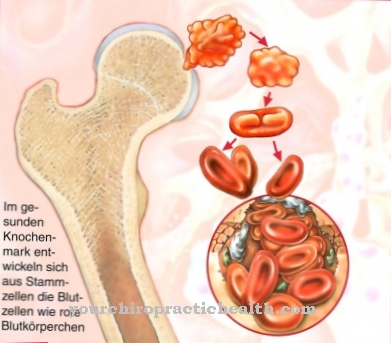


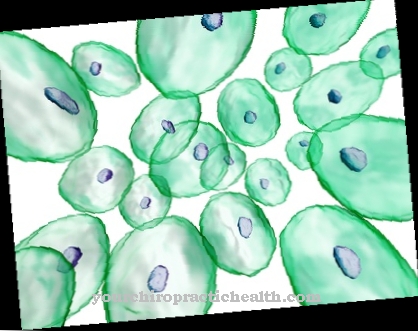


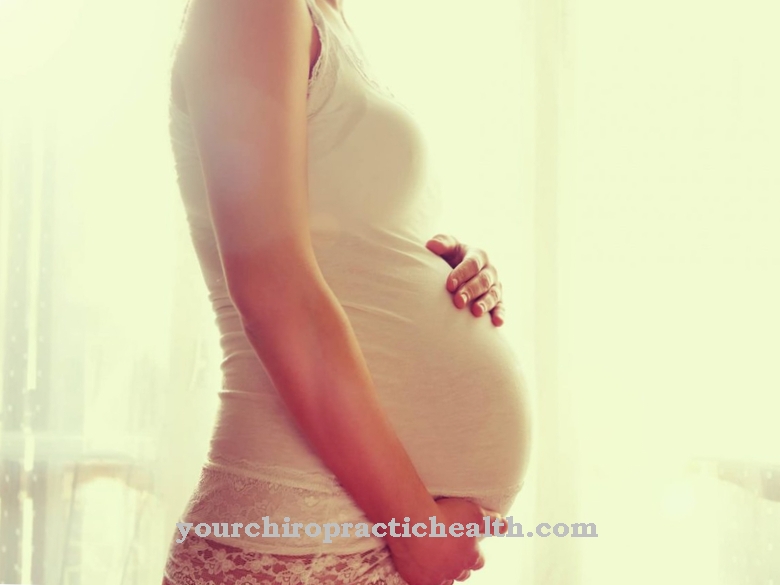
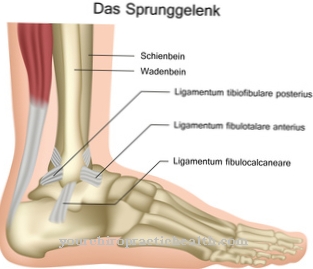

.jpg)

.jpg)
